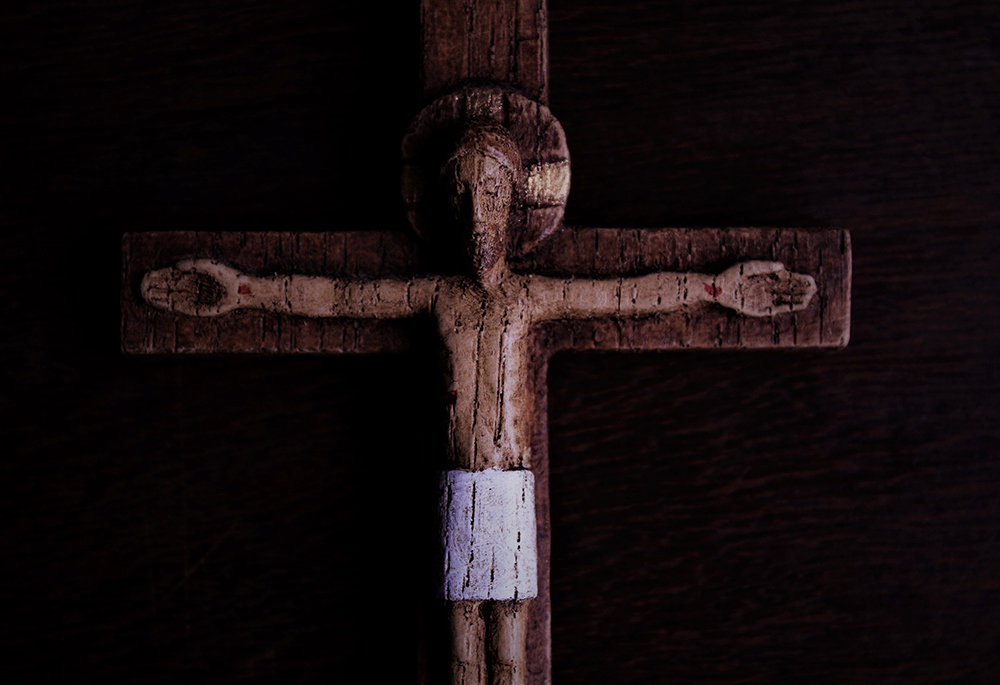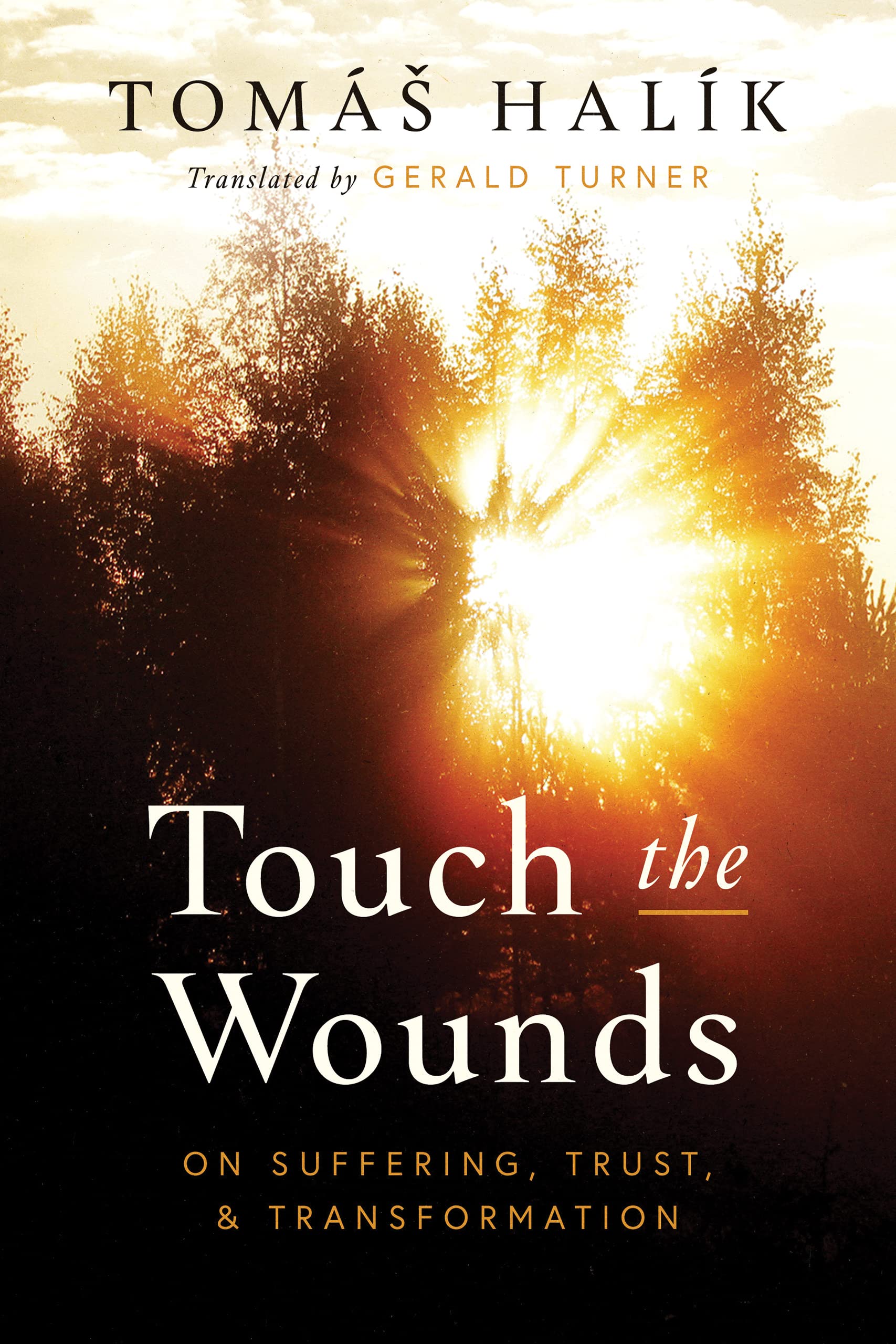
(Unsplash/Rui Sliva sj)
For those seeking to follow Jesus into the deep places this Holy Week, Tomas Halik's Touch the Wounds: On Suffering, Trust, and Transformation is a worthy companion for the journey.
Halik, a Czech Roman Catholic priest and sociology professor in Prague, invites his readers to encounter God through Christ's wounds, the world's suffering and the wounds in our own hearts. His touchstone is the apostle Thomas, whom Jesus invited to touch the wounds of his crucifixion, and in whom Halik finds a story not of doubt, but faith.

Touch the Wounds is a slim volume, but beautifully written and deeply meditative. Each page is dense with more than enough insight to occupy the space between now and Easter.
The book puts the story of Jesus' passion into conversation with the real-world demands of a living faith. Halik's reading of Scripture is not divorced from the modern world, but an invitation to encounter its wounds with clearer eyes and to respond out of a more intimate relationship with God. His view of faith in a wounded God — a God whose existence is not called into question by the world's suffering, but who feels that pain alongside us — is real and raw and thrilling.
One of the most compelling parts of Touch the Wounds is its preface, written during Easter 2020, in which Halik frames his core reflection on suffering and trust in the context of what was then a newly emerging pandemic.
"[R]esurrection is not 'resuscitation,' the return to a previous state," he writes. "The Gospels tell us that Jesus was transformed beyond recognition by his experience of death. … He had to prove his identity by his wounds. In this book I confess that I am incapable of believing in a God without wounds, a church without wounds, or a faith without wounds."
But in the cross, Halik finds a profoundly hopeful faith.
"Can a faith that bears no stigmata, a faith that cautiously avoids the Golgothas of our time, help to heal a wounded world?" he asks.
His view of faith in a wounded God — a God whose existence is not called into question by the world's suffering, but who feels that pain alongside us — is real and raw and thrilling.
As we enter a fourth pandemic year and face the simultaneous epidemics of war, racism and natural disaster, Halik's meditations are bracingly honest. He knows that responsible faith must reckon with these disasters, and he invites readers to listen anew to what God has to say and to respond to the signs of the times where they appear in places of suffering.
The book is serious, but not depressing — an impressive feat. Halik writes of wounds and the Passion, yes, but also about transfiguration and new life coming after each Good Friday. The result is a thoughtful, credible way of cultivating a spirituality that accounts for a wounded world and an imperfect church.
Most valuably, Touch the Wounds is an invitation to seek new ways of encountering and embodying God's presence in the world. Recognizing God ought to provoke joy, after all — like Thomas exclaiming, "My Lord and my God!" after the Resurrection.
And isn't that what Lent is about, at best? In this season, Halik invites readers to be disrupted by seeing God in unfamiliar places and responding in new ways.
Advertisement
The book points, always, to active discipleship: Halik offers one definition of faith as "nonindifference," an insight worth sitting with for a while. There is an urgency in the way he talks about our thirst to seek God and respond.
There are points at which Halik's critiques of societal problems sound rather cynical, but by and large, he frankly assesses society's shortcomings while still showing himself to be a man present and loving in the world. And the urging of the book is to respond to the world's pain by becoming more compassionate and more Christlike. In short, it's a call to metanoia.
The book ends with a gorgeous passage about the healing brought by touch: the graces of the sacraments, where we are anointed with oil or hold Jesus' body in our hands; the tenderness in Jesus' touch on those who need healing.
"I can hear Christ speaking in the wounds of the world, I hear there his call and the beat of his heart," Halik writes. In our yearning to touch God, he says, we're also called to touch the places of pain in the world, striving to answer Jesus' call with touches of gentleness and healing wherever we encounter suffering.
As a way of reconsidering the wounds of the world and the part we play as people of faith, Touch the Wounds is best savored and read slowly in this season of thirsting for God. It is a powerful meditation to look deeply into our hearts, to encounter God in a new way and then to go out and cultivate a living faith.








